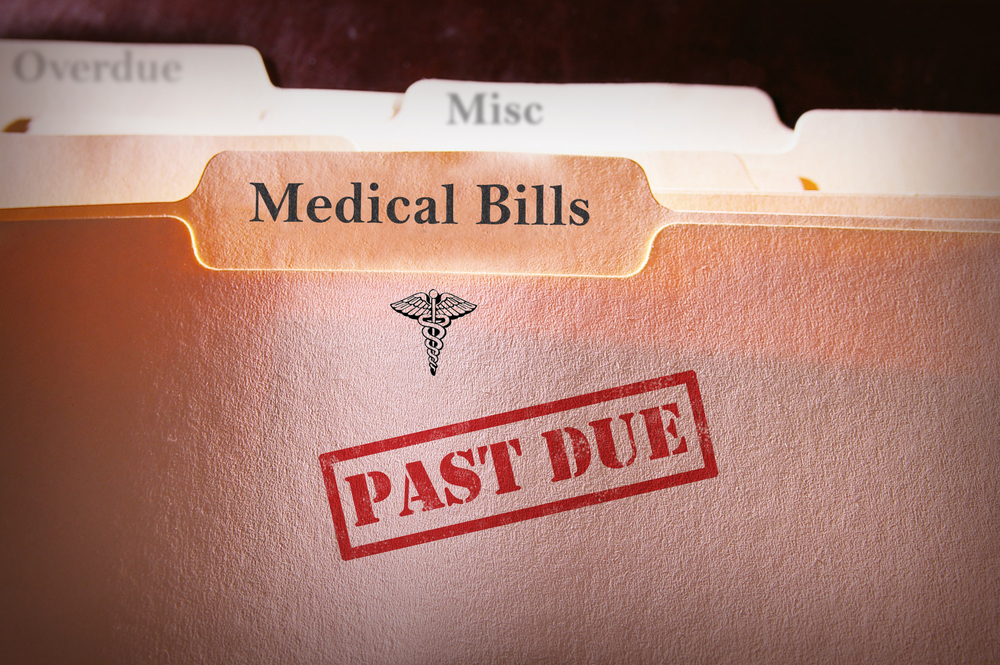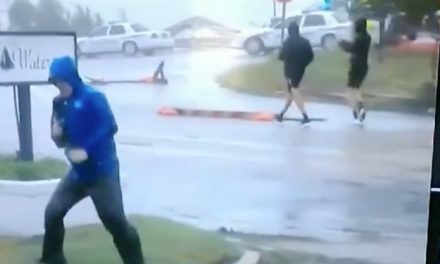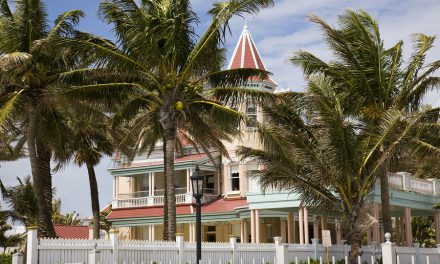Heather and her son Lane Biggs simply needed medical care. A few years ago, Lane, who was diagnosed with leukemia at age five, was receiving treatment. At the same time, his mom, Heather, began having seizures from Lyme disease. Heather and her husband Tres were left with piles of medical debt that they couldn’t afford.
The Biggs family live in Coffeyville, Kansas. To make ends meet, Tres began working two jobs. Still, they couldn’t afford health insurance, but they didn’t qualify for Medicaid either because they made too much money. Heather told CBS News:
“We had so many multiple health issues in our family at the same time, it put us in a bracket that made insurance unattainable. It made no sense. We would’ve had to have not eaten, not had a home.”
RELATED STORY:
They fell behind on their medical bills, and then the unthinkable happened. Tres Biggs went to jail for failing to appear in court for unpaid medical bills, saying:
“I was scared to death. I’m a country kid — I had to strip down, get hosed and put a jumpsuit on.”
His bail was $500. He said they had “maybe $50 to $100” at the time.
RELATED STORY:
It turns out, the town has a major problem targeting and jailing people who can’t afford their medical bills. In rural Coffeyville, Kansas, where the poverty rate is twice the national average, attorneys like Michael Hassenplug have built successful law practices representing medical providers to collect debt owed by their neighbors. Hassenplug says:
“I’m just doing my job. They want the money collected, and I’m trying to do my job as best I can by following the law.”
According to CBS News, it was Hassenplug’s own recommendation to a local judge that led to the policy being put in place. The attorney uses that law by asking the court to direct people with unpaid medical bills to appear in court every three months and state they are too poor to pay in what is called a “debtors exam.”
If two hearings are missed, the judge issues an arrest warrant for contempt of court. Bail is set at $500. Hassenplug said he gets “paid on what’s collected.” If the bail money is applied to the judgment, then he gets a portion of that, he said.
In most courts, bail money is returned when defendants appear in court. But in almost every case in Coffeyville, that money goes to pay attorneys like Hassenplug and the medical debt his clients are owed.
RELATED STORY:
Nusrat Choudhury, the deputy director of the ACLU, said:
This raises serious constitutional concerns. What’s happening here is a jailhouse shake-down for cash that is the criminalization of private debt.”
The family filed for bankruptcy, a short-term fix that relieved their debt but left them with legal fees. They lost their home and started renting. Tres finally got a job that offered insurance, as a rancher, but it required Tres to pay the initial $5,000 before it covered medical expenses. When chest pain hit him as he worked cattle in the heat, and he began vomiting, the only nearby hospital was Coffeyville’s. In 2017, the hospital sued again. It was the family’s sixth lawsuit for medical debt.
Tres finally sat down with a hospital rep, who explained that the underlying bill had been garnished from his wages, but he still owed $328 in interest and court fees. He had another couple thousand dollars in collections for separate bills he hadn’t paid, for which he hadn’t yet been sued. He said the most he could afford to pay, every two weeks, was $12.50.












